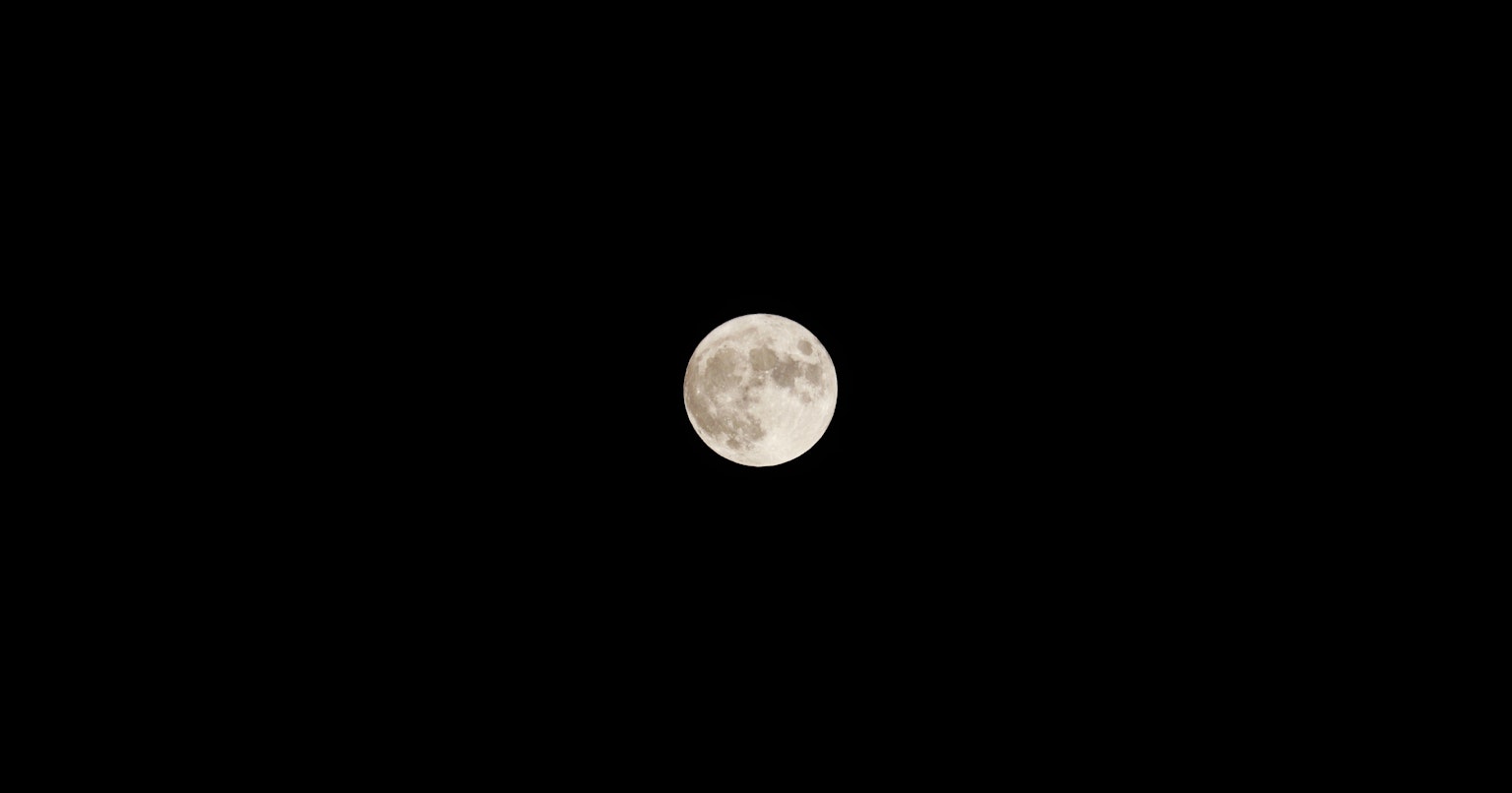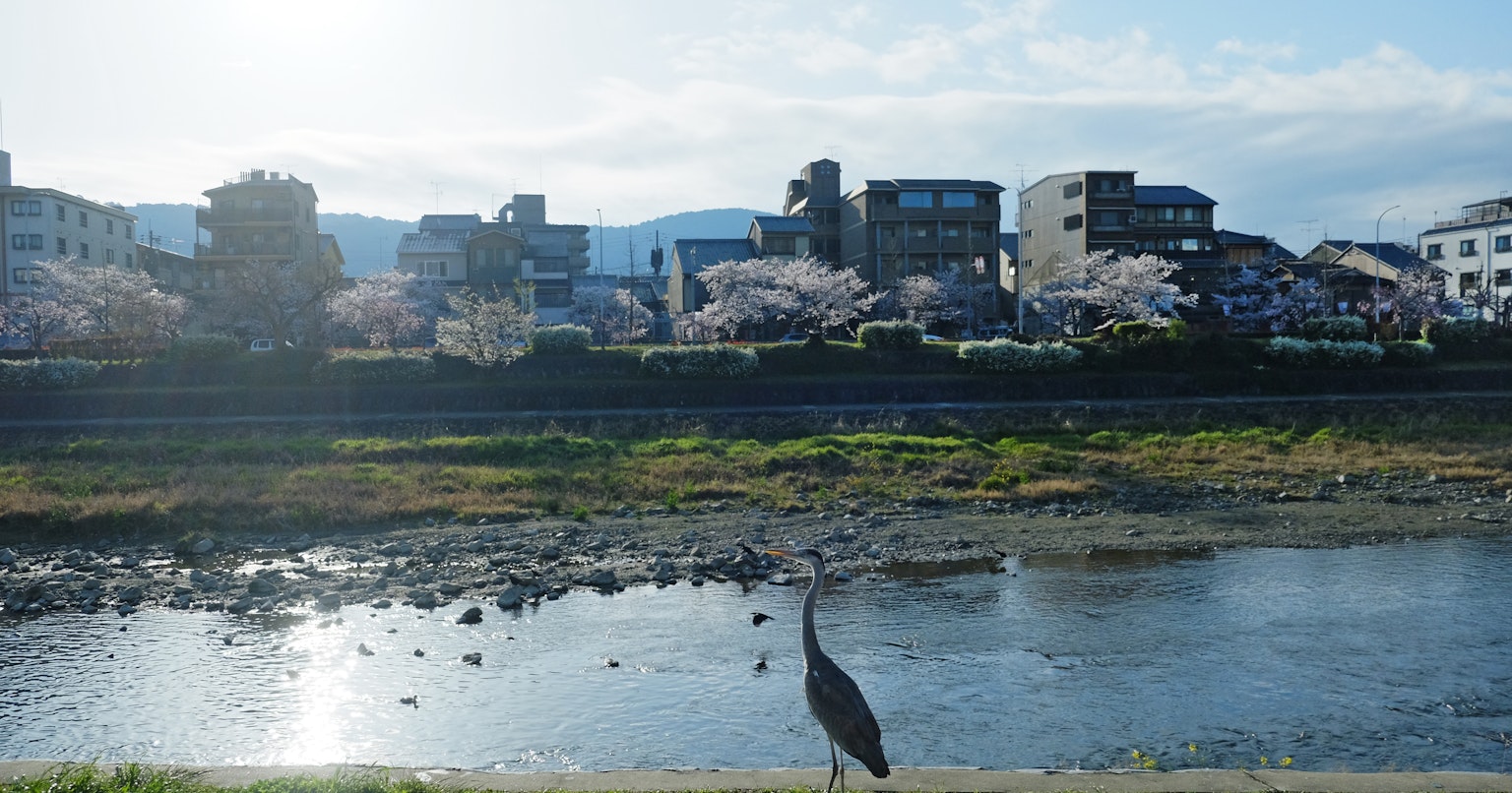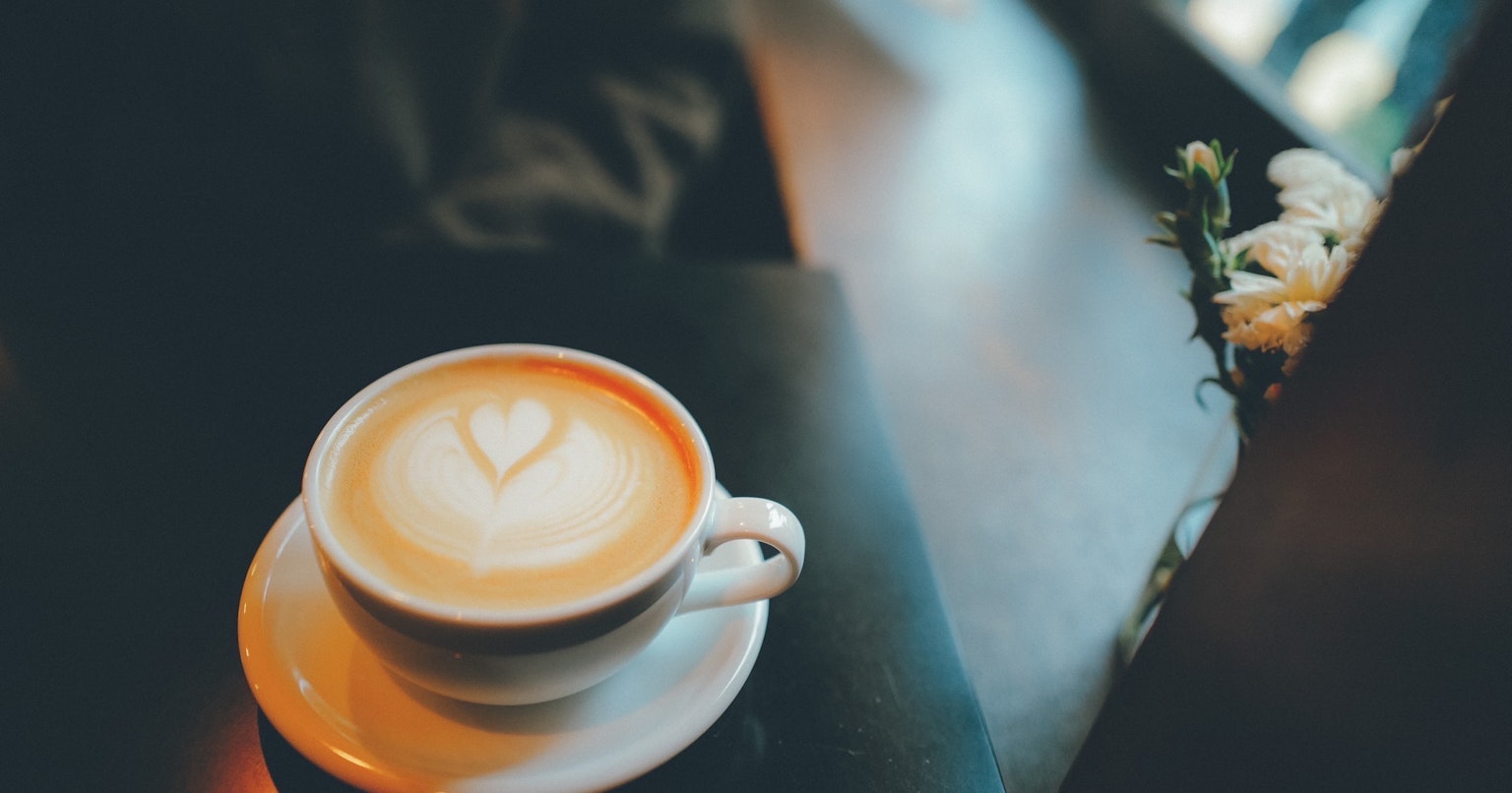
cover image by Shimakou
Have you ever taken photos following basic compositions like the 'Hinomaru Composition' or the 'Rule of Thirds', yet felt something was missing?
When taking photos, composition isn't the only important factor. Photos have 'weight', which is a crucial element for achieving balance. This time, we'll briefly explain this concept of weight.
What is a Well-Balanced Photo?
Balance refers to the state where the elements of the subject are evenly arranged. For example, when elements are symmetrically arranged, it looks stable and pleasing. The 'Hinomaru Composition' and the 'Rule of Thirds' are prime examples where the main subject achieves balance.
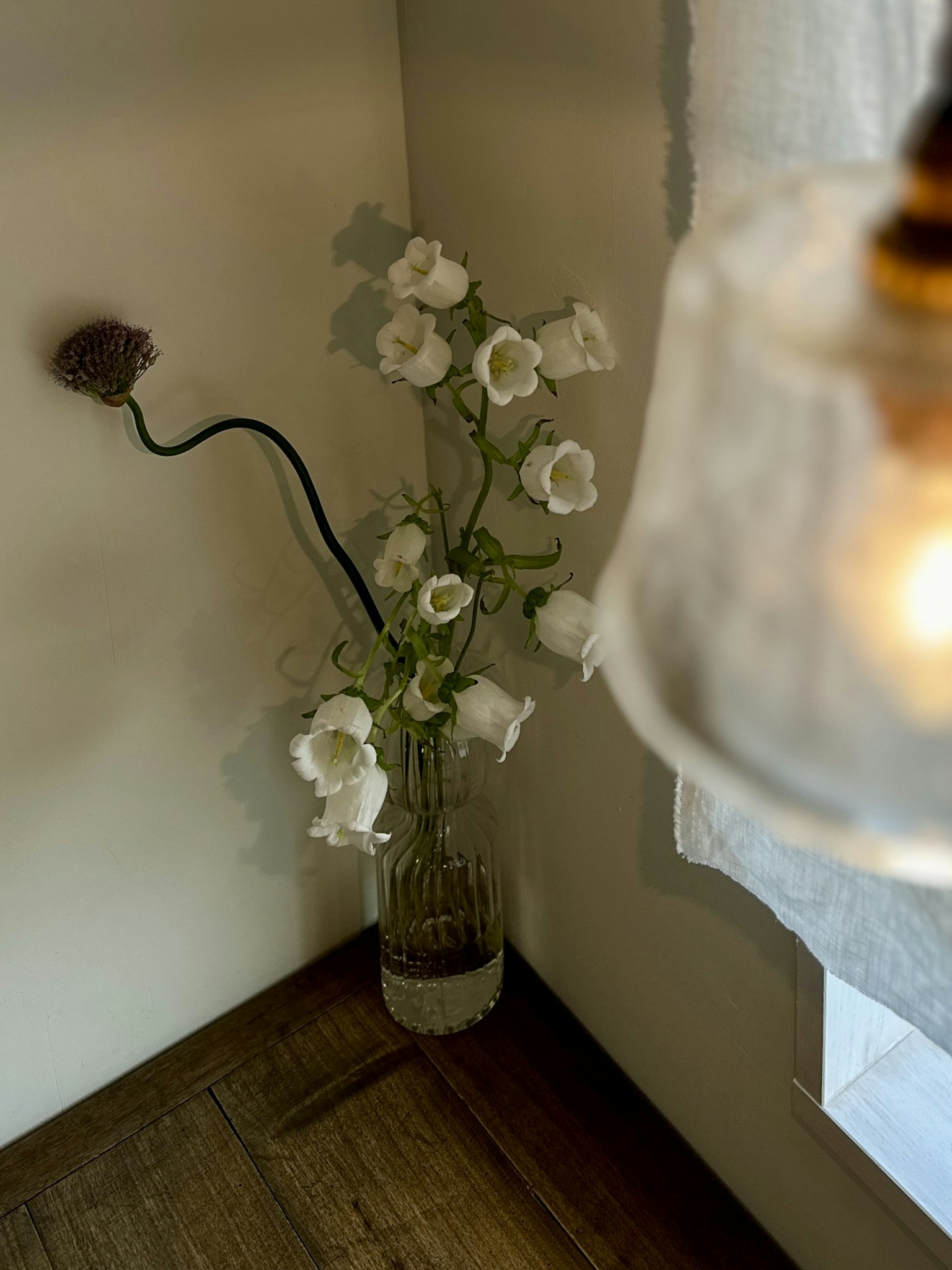
Image by pwaiチッタ
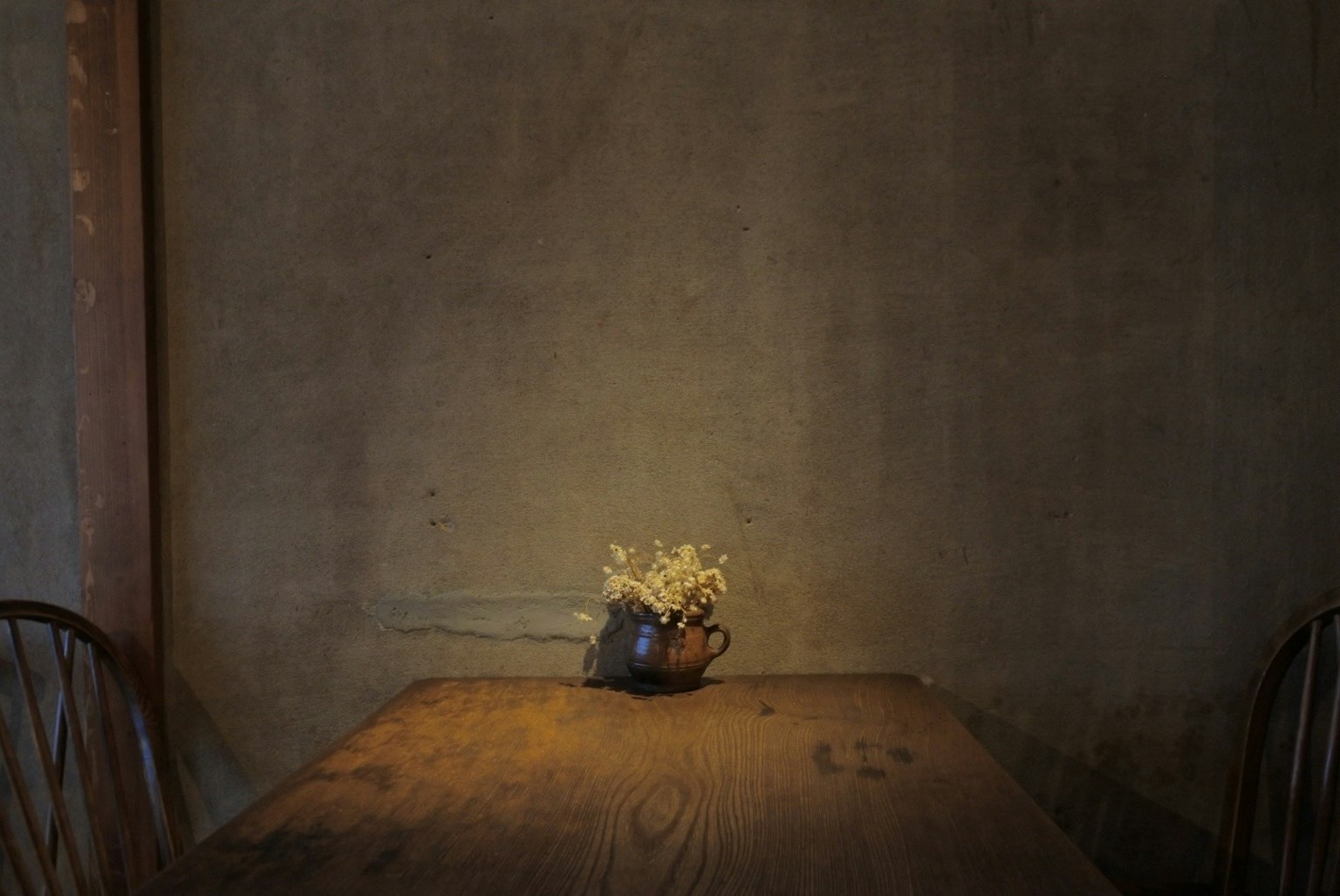
Image by dsuke087
Mastering Weight with Balance Techniques
However, 'being balanced' does not necessarily mean 'having a stable composition'. Weight refers to where the gaze gathers in a photo and which parts feel heavier.
Understanding how to adjust weight becomes easier when you divide the screen into two. Consider where to cut so that the two halves balance each other. Also, by encircling the eye-catching parts, you can understand the size of the weight.
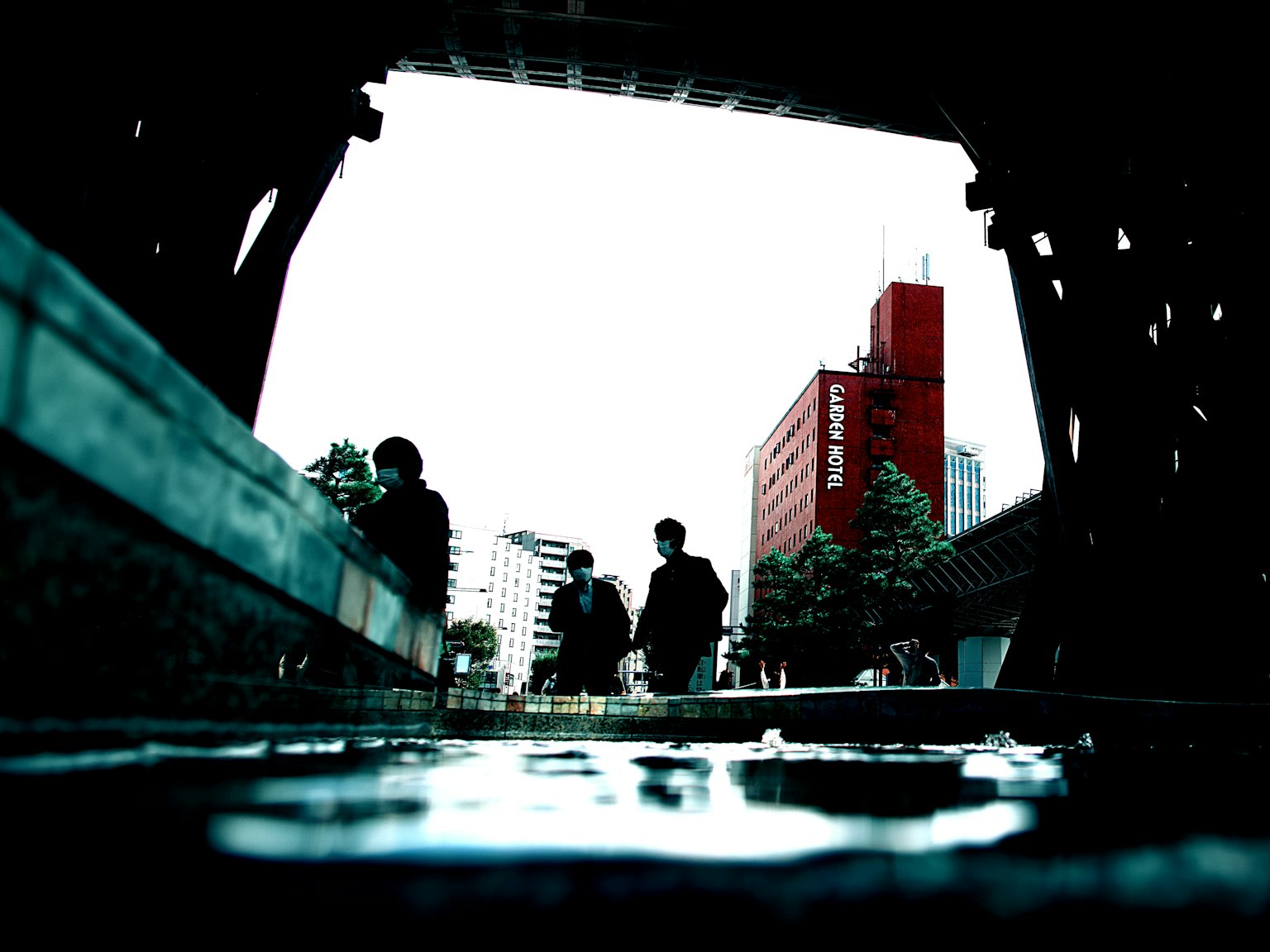
Image by Pojio
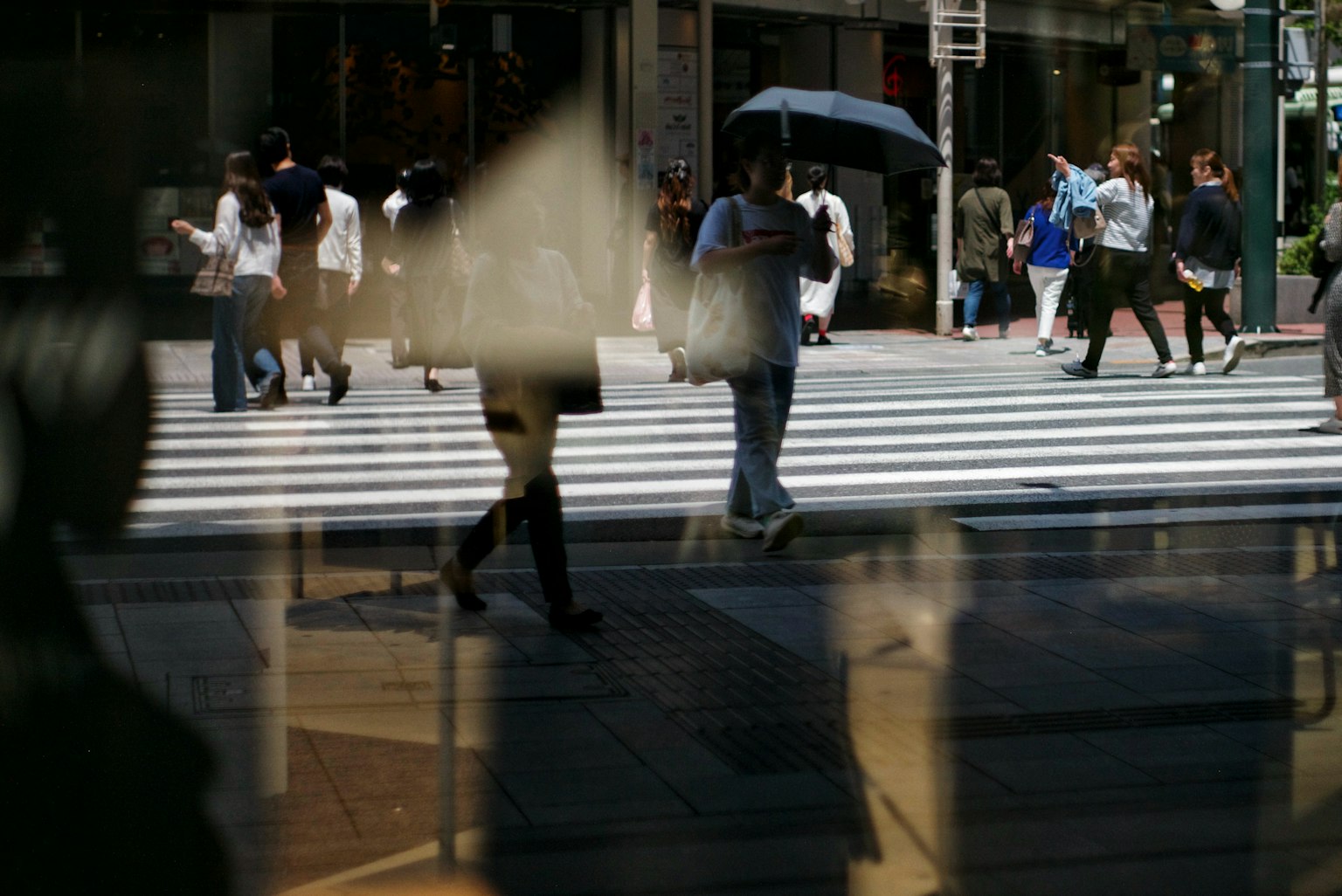
Image by Yukihiro
Adjusting Weight with Subject Size and Position
The size and position of the subject also affect weight. A large subject easily attracts attention, but even a small subject can feel heavy if placed in a prominent location. For example, a person's face is a point that easily attracts attention, especially the eyes.
By deciding where to place the attention-grabbing points, you can give your photo impact. Placing the subject in a stable location makes it easier to guide the gaze and adjust the weight.
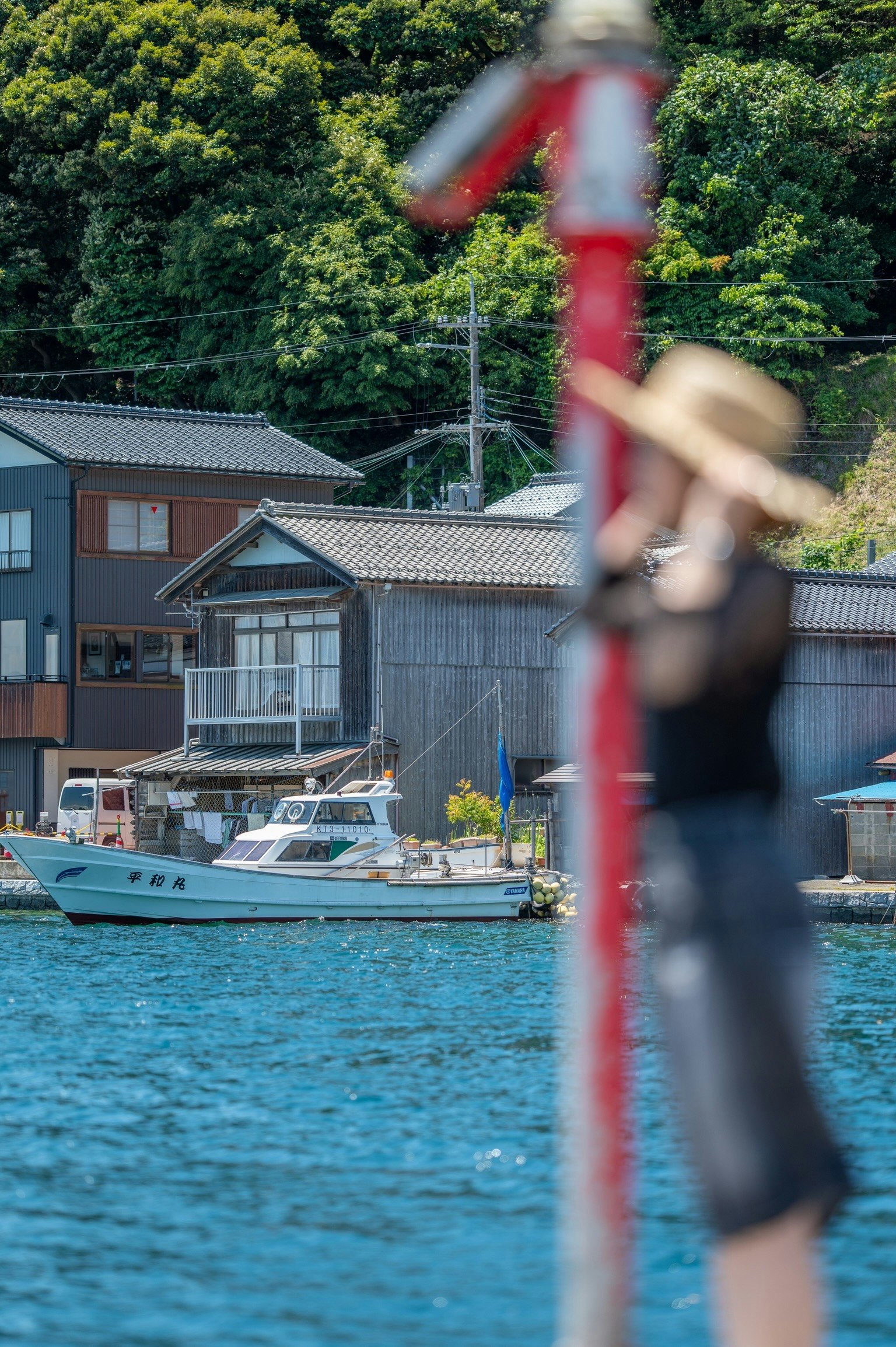
Image by yuya4four

Image by hassy
How was it?
By being conscious of the balance of weight, the impression and message conveyed by a photo can change significantly. While keeping basic compositions in mind, try challenging yourself to adjust the weight. Your photos will surely stand out even more.
